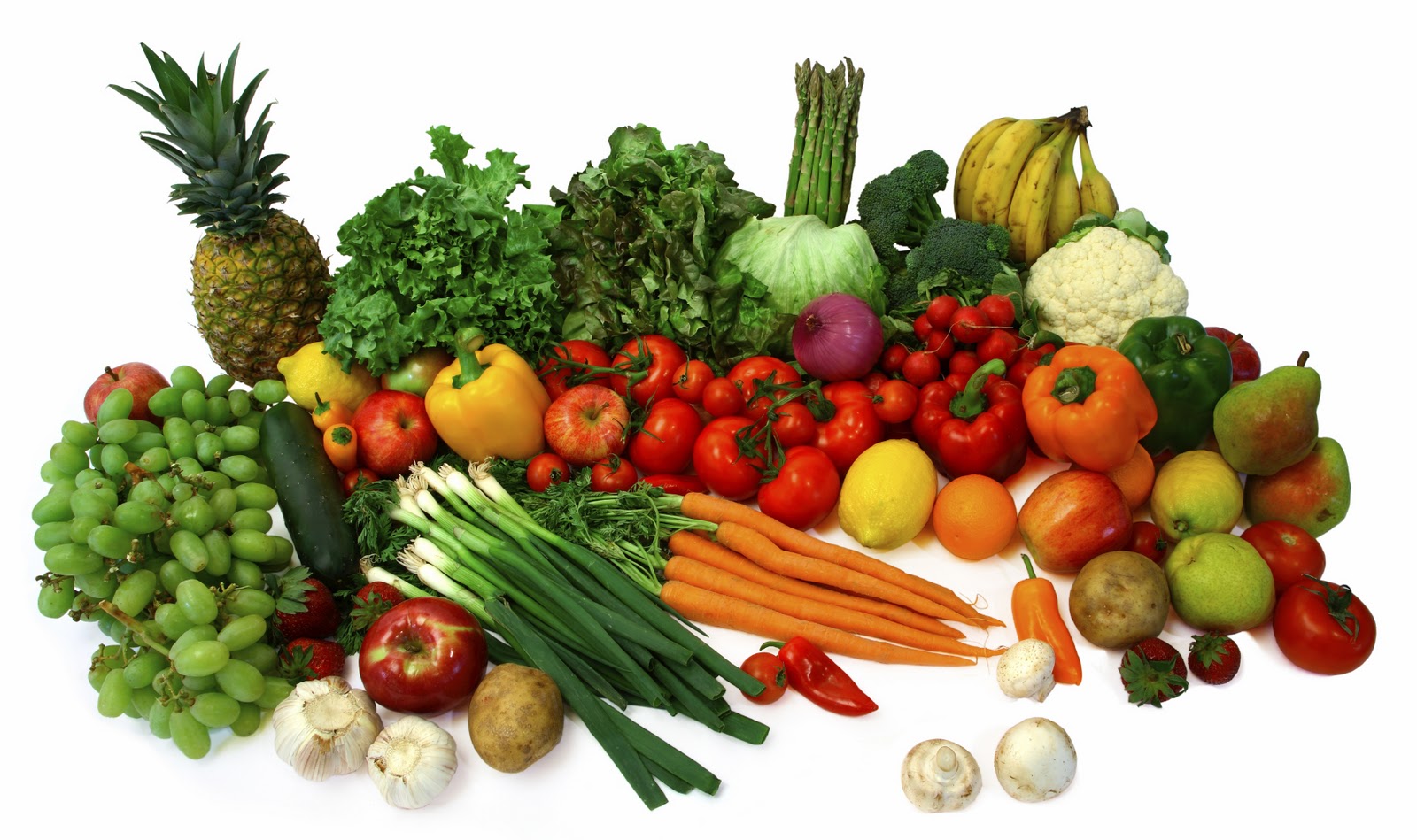(The Verge) – Thanks to the MTV show “Jersey Shore”, many men of our area are now commonly thought to be bodybuilding guidos. A daily routine for them consists of going to the gym, tanning, doing some laundry and wrapping up with a full course Italian style meal complete with chicken parm, meatballs, cheesy garlic bread and creamy alfredo pasta. Now picture these men sitting around a table, flexing their perfectly tanned muscles and discussing how much they bench while munching on some lettuce for dinner. You would think it’s impossible for them to keep their shape without any meat or whey protein, the staple for dedicated athletes. Yet, they are still extremely toned and have more energy after a day at the gym than the carnivorous bodybuilders. What’s the secret? A vegan lifestyle.
The other day, Monmouth Area Vegetarian Society hosted Marc Rosamilia at Monmouth University. Marc admitted to being one of the protein-focused, bodybuilding guidos that we often associate with the Jersey shore. Yet, after a trip to his doctor’s office, receiving some high numbers on his blood-work and doing some research on whole food plant-based diets, Marc decided to become a vegan. Many people are more familiar with vegetarians and know that they don’t eat meat, fish or poultry. But you may be wondering, what does being a vegan consist of? In addition to being a vegetarian, vegans also do not eat any other animal products such as eggs or dairy products. During his presentation, Marc answered all of the questions that one may have about veganism and why people choose this lifestyle.
The biggest athletic myth concerned with being a vegetarian and vegan is that these lifestyles do not provide enough options for protein. Many people think that you can only get protein from meat. Marc was taking in about 300 grams of protein per day while eating meat and whey protein. However, Marc showed us the simple breakdown of how vegetables such as spinach and broccoli can provide more protein than a piece of grilled chicken. In fact, these vegetables contain more than 20 percent protein and it is all

bio-available, meaning it is ready to be absorbed in to your bloodstream providing greater stored energy than the protein of meat, which is essentially a ‘dead food’. Now, Marc only takes in about 100 grams of protein per day, but all are bio-available. Animal protein is also acidic, causing inflammation in the body that leads to injury. The body performs best at a pH level of 7.4, slightly more alkaline than acidic. Alcohol, soda, meat and artificial sweeteners are some of the most acidic foods. By staying away from these foods and incorporating a plant-based diet, your body will remain closer to the 7.4 pH and reap major benefits. When sticking to a whole food plant-based diet, you will automatically begin to lose body fat. Your energy levels will noticeably increase. Your skin will clear up and produce a natural glow. The risks of heart disease, cancer, diabetes, hypertension, obesity and many other conditions will decrease drastically. These benefits are all enough to perk someone’s interest in learning more about veganism, but the transition to the vegan lifestyle is certainly not easy. Even Marc had to find sources of inspiration when forming his new eating habits. To begin, he read The China Study, by Dr. T. Colin Campbell. The book details an extensive study regarding nutrition and heart disease, diabetes and cancer. He also studied the research of Dr. Caldwell Esselstyn, who has proposed that a plant-based diet can prevent, stop and even reverse the progression of heart disease.
But sometimes simply reading some research is not enough. Marc was a bodybuilder and like any other athlete, actually seeing results was most convincing part. This is when he looked to Brendan Brazier, former professional Ironman triathlete and two-time Canadian Ultra Marathon Champion. Brazier is now recognized as one of the world’s foremost authorities on plant-based nutrition. Another large advocate is Jon Hinds. Hinds is a former NBA strength and conditioning coach, a training consultant for the NFL and NBA and has worked with over 100 professional athletes. Personally, he is a Brazilian Jiu-jitsu champion, which ultimately spawned his dedication to veganism. After years of training, he developed hand pain and was told by doctors that he needed surgery. A friend, John Allen Mollenhauer, told him to cut the animal products out of his diet, read The China Study and see how his hand felt in a few weeks. To his surprise, his hand pain was completely cured. This led him to integrate the whole food plant-based diet in to his mission for Monkey Bar Gym. He suggests that people embark upon the vegan lifestyle, as his gym averages 17 pounds of fat loss and five pounds of muscle gain in the first 60 days when combining exercise with a plant-based diet.

Now that Marc has given up competing, he decided to take after Hinds and dedicate his time to helping athletes develop a whole food plant-based lifestyle. He still does routine workouts at least three times per week and can bench 340 pounds, but his sole focus is his gym in Rumson, called BioBalance Fitness. They offer a variety of programs such as cross training, yoga, plant based nutrition, athletic performance training and semi-private training.
So if you’re an athlete, you’re feeling sluggish or dealing with a disease, or simply interested in nutrition and health, I advise you to take a look into veganism. Just remember, you can’t be perfect and it’s going to be a hard transition. It’s a lifestyle that takes dedication and can be frustrating at times, as Marc informed us. However, if you do get frustrated or slip up and eat that burger you’re craving, just refer to Marc’s ‘slash the tire theory’. If you get a flat tire, you fix it. You don’t go and slash the other three tires so that you are completely out of commission. The same goes for your vegan, exercise-filled lifestyle. If you go off course or miss a workout, just fix it and move on. But chances are, once you dedicate a couple of weeks to adjusting, the benefits will come.




